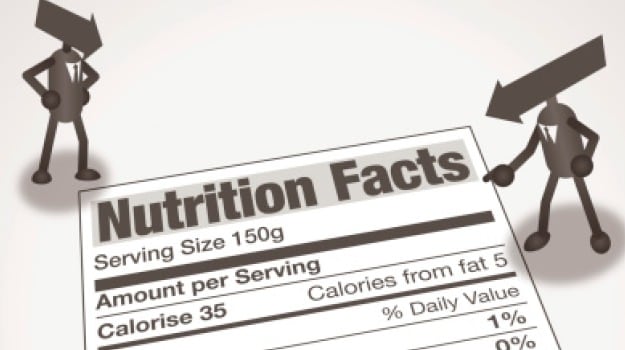Australia will introduce mandatory country-of-origin food labelling from 2016, Prime Minister Tony Abbott said on Tuesday, a move given impetus by a hepatitis outbreak earlier in the year blamed on contaminated berries from China. Under the new rules, food labels will show consumers where products are made, grown or packaged, Abbott told reporters in Canberra.Domestically produced products will have a green and gold kangaroo logo, alongside a bar chart showing the proportions of ingredients coming from Australia. Agriculture Minister Barnaby Joyce dismissed any criticism of xenophobia, insisting the new law was simply closing a loophole. "In the past, it was always a case of frustration where you would pick up a can and it would say something like 'made in Australia'. The overwhelming sentiment of that statement was that obviously this product is Australian. Then, on greater investigation, it became apparent it was anything but Australian," Joyce said."It might have been put into a can in Australia but that is as far as it went. What this does is it gives you a clear understanding." Abbott said companies would be encouraged to go further and identify the origin of key ingredients. When country-of-origin labelling was proposed in February, some analysts said the laws could contravene World Trade Organization (WTO) rules. The WTO has ruled against similar labelling in the beef sector in the United States on the grounds that it favoured domestic livestock.
Abbott said he was confident the new regulations would satisfy WTO rules and Joyce insisted the U.S. case was not comparable. Producers are increasingly emphasising their Australian credentials. A Roy Morgan poll in 2013 showed that more than 60 percent of Australians sometimes bought products because they were made in Australia even when they were more expensive than imported goods. The hepatitis A outbreak in February involved berries grown in China and packed there in a factory where poor hygiene and tainted water may have caused the health problems.
Abbott said he was confident the new regulations would satisfy WTO rules and Joyce insisted the U.S. case was not comparable. Producers are increasingly emphasising their Australian credentials. A Roy Morgan poll in 2013 showed that more than 60 percent of Australians sometimes bought products because they were made in Australia even when they were more expensive than imported goods. The hepatitis A outbreak in February involved berries grown in China and packed there in a factory where poor hygiene and tainted water may have caused the health problems.
© Thomson Reuters 2015
Advertisement







